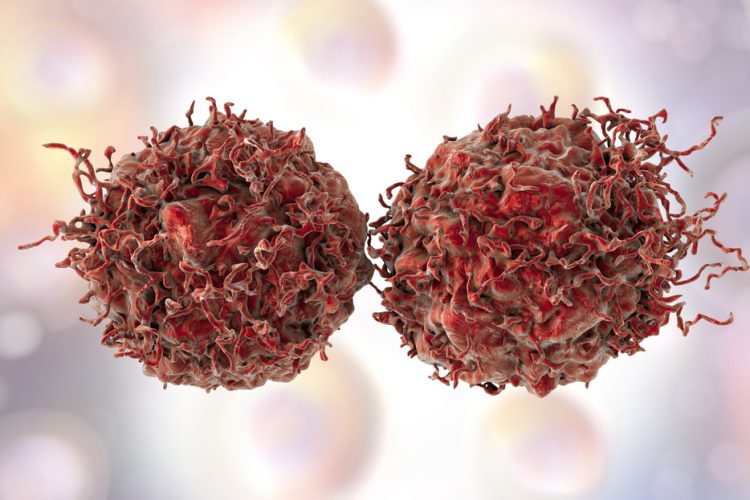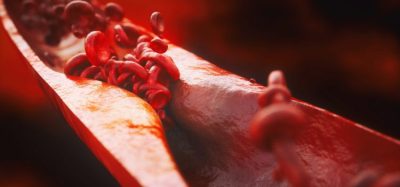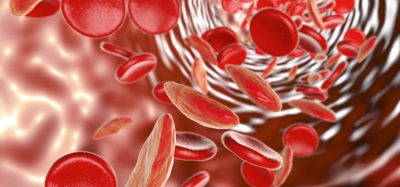Anti-hormone therapy reduces recurrence of prostate cancer
Posted: 5 September 2017 | Dr Zara Kassam (Drug Target Review) | No comments yet
British scientists have investigated the impact of anti-hormone therapy on patients with prostate cancer…


During an in depth study, an international team of researchers led by British scientists investigated the impact of anti-hormone therapy on samples taken from patients with prostate cancer.
Researchers discovered that an inadvertent consequence of anti-hormone therapy treatment is the activation of the DNA repair enzyme, PARP. The triggering of PARP enables cancer cells to withstand anti-hormone therapy treatment, causing cells to cultivate and develop into a more aggressive form.
To be effective and reduce recurrence of cancer in the prostate, researchers found that prescribing PARP inhibitors, a drug commonly used in breast cancer, alongside anti-hormone therapy treatment may benefit men with prostate cancer. PARP inhibitors prevent DNA repair causing cancer cells to die rather than repair.
Biomarkers aren’t just supporting drug discovery – they’re driving it
FREE market report
From smarter trials to faster insights, this report unpacks the science, strategy and real-world impact behind the next generation of precision therapies.
What you’ll unlock:
- How biomarkers are guiding dose selection and early efficacy decisions in complex trials
- Why multi-omics, liquid biopsy and digital tools are redefining the discovery process
- What makes lab data regulatory-ready and why alignment matters from day one
Explore how biomarkers are shaping early drug development
Access the full report – it’s free!
Lead author Dr Mohammad Asim from the University of Surrey, said: “Prostate cancer is a devastating illness with a high death rate. Our exciting discovery will help remedy this and increase chances of survival for the thousands of men who contract the disease every year.
“Our research shows that anti-hormone treatment could be combined with PARP inhibitor to prevent the progression of the disease.”
Dr Catherine Pickworth from Cancer Research UK, said: “This early stage study adds to the growing evidence that some men with prostate cancer could benefit from being given PARP inhibitors alongside hormone deprivation treatment.
“The next step is to carry out clinical trials to test if this treatment combination is safe to use in patients and if it helps more men survive the disease.”
Anti-hormone therapy is a commonly prescribed treatment for cancer of the prostate, which helps to reduce the levels of male hormones – that stimulate cancer cells to grow – in the gland.
Prostate cancer is the most common form of cancer in males with over 40,000 cases reported every year in the UK with 25 per cent of cases resulting in death.
Latest figures from Prostate Cancer UK has found that 1 in 8 men will get prostate cancer in their lifetime showing the widespread prevalence of the disease. This exciting new discovery offers hope to thousands of males and will limit the recurrence of prostate cancer.
Related topics
Oncology, Therapeutics
Related conditions
Prostate cancer
Related organisations
Cancer Research UK, Prostate Cancer UK, University of Surrey
Related people
Dr Catherine Pickworth, Dr Mohammad Asim







